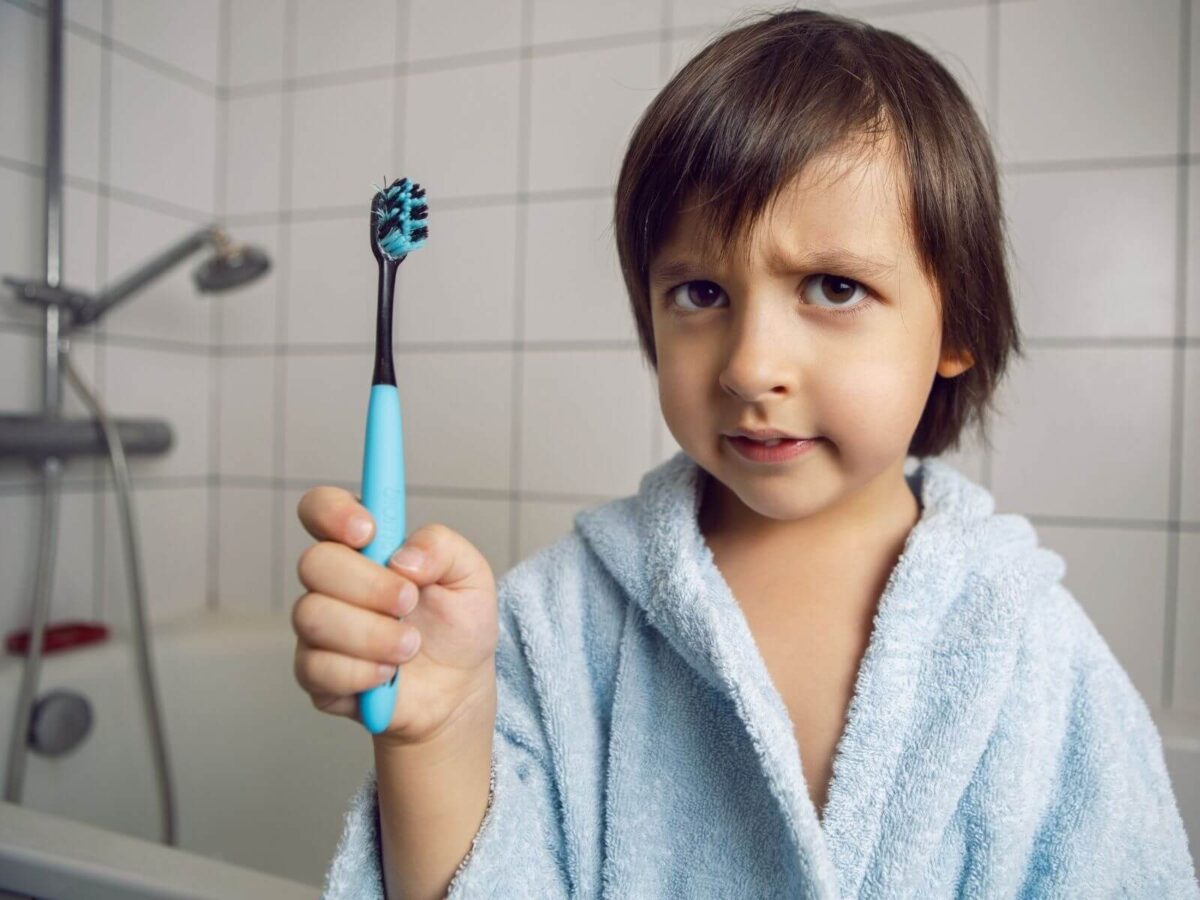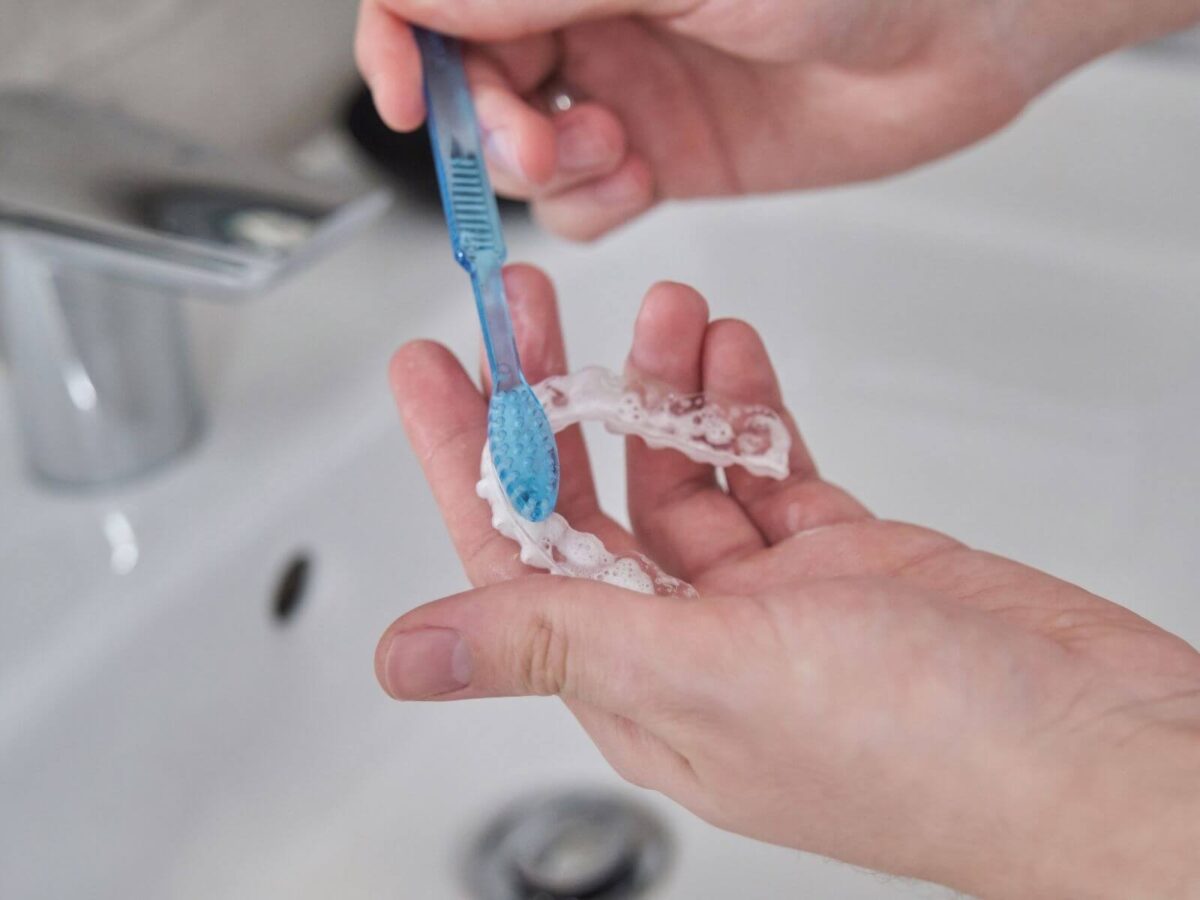Stress is inherent in human life: it enters, leaves, and enters again. However, its impact on our teeth’ health is not well understood. That is why it is necessary to consider that stress can threaten our oral health and should be handled well. In this article, we would like to highlight the effects of stress that are not well seen in our oral health. This article will analyze how stress affects our oral health and offer viable measures to take during this period.
Stress and its Impact on Oral Disease
While adrenaline raises your pulse and cortisol, you will experience several other physiological changes, including increased blood pressure. In cases of chronic stress, those stress hormones in the body trigger causes of physical and mental health complications.
Stress can impact your oral health in the following ways:
- Teeth grinding (bruxism): Tension is amongst the top physical changes in the body’s stress response. For ordinary stress, muscles stiffen at the onset of the stressors and relax when the stressors disappear; this is not so with chronic stress.
- However, muscle tension causes involuntary teeth grinding and jaw clenching, commonly called bruxism. This can be bad for the teeth, particularly the tooth enamel, and can also result in headaches.
- Gum disease: Stress is connected to the state of gums. Chronic stress affects immunity because the body cannot efficiently handle infections. Therefore, stress, mainly if it is chronic, can lead to the development of gum diseases, also termed periodontitis.
- The infection affects the tissues of the teeth. If left untreated, it will permanently damage this supportive tissue, and the tooth will be doomed to fall out.
- Dry mouth: Many medications and lifestyle changes can cause dry mouth, including chronic stress and suppressing saliva flow. Since saliva is central to preserving healthy oral hygiene, unaddressed dry mouth results in gum disease and tooth decay. However, gum irritation and foul breath are early signs of tooth decay.
5 tips for a Stress-free Smile
Having discussed the impact of stress on your teeth, it’s time to share some tips on making your smile stress-free.
1. Practice presence and being in a particular moment.
Some techniques, such as practicing mindfulness and being present, can help release stress. These techniques engage one’s attention from future problems and past mistakes, which are well-known stress causes. Therefore, letting our thoughts be grounded in the present deletes the cyclone of worry and thinking characteristic of anxiety. For this reason, this approach can be of immense use, especially in dental care regimes.
For example, when rinsing and brushing your teeth, instead of performing these tasks as if they are mere robotic actions, try to entirely focus and try to feel the texture of the teeth, the bristles of the brush, the taste of the toothpaste, and the sensations of clean that are coming with the results. This mindfulness practice helps combat stress and ensure a more careful cleaning.
2. Try to add physical activity to your schedule.
Motion and exercise are important to control stress appropriately. Daily exercise is a good way to induce the production of endorphins, which are natural stress-busters chemicals in the body. Moreover, exercise enhances sleep since stress causes hormonal stimulation, disrupts natural body rest, improves one’s rest, and reduces stress.
Besides having a physical effect of improving health, exercise also elicits a mental health benefit. It takes the mind off many problems and causes distractions from other stresses. Adding walking, cycling, or yoga into your lifestyle can dramatically improve your quality of life by helping reduce stress, among many other benefits.
3. Treat your body with care
Being in tune physically can reduce stress and improve living standards if you act on discomfort initially. Those teeth considered minor, such as jaw discomfort or mild toothaches, should not be lightly dismissed as they can worsen dental problems and raise stress levels.
Pain in the jaw, for instance, can result from TMJ and can also be caused by stress. Stressed people tend to fidget and may grind or clench their teeth. Toothaches are also symptoms of cavities or infections that can cause overall health complications. Addressing such concerns both relieves pain and, where the cause has been identified and treated, removes a major source of stress.
4. Eat a healthy diet of various foods to fuel your body and keep your mind sharp.
The link between diet and stress is extensive; studies have revealed that a good diet can make the gut healthier. It is because gut health is the foundation of mental health, and the gut-brain connection, which is symbiotic communication between the digestive tract and the brain, is considered. Dietary changes affect gut health by providing fiber, antioxidants, omega-3 fatty acids, and probiotics, lowering stress rates and enhancing mood.
A meal containing nutrients is also important in maintaining healthy gums and teeth, enhanced teeth hardness, no tooth decay, and no gum diseases. For instance, foods with calcium, phosphorus, and A and C vitamins help protect the enamel and promote gum. However, consuming foods and drinks containing a lot of sugar damages teeth and other dental complications.
5. Reduce your consumption of products containing caffeine, alcohol and tobacco.
Too much caffeine, alcohol, and tobacco has adverse effects of raising stress levels and reducing the overall health of your dental. To a large extent, coffee in its pure form, black and caffeinated energy drinks, enhances stress as it raises cortisol levels, the body’s main stress hormone, to make you feel on edge.
In addition, the high acidity of coffee and carbonated energy drinks can lead to tooth demineralization and enamel wear. The dark pigments in brewed coffee affect the appearance of teeth, which is smile esthetics.
However, the use of alcohol and tobacco means even worse things are possible. Alcohol, in turn, eliminates water in the body tissues, causing ‘‘dry mouth’’ which is a major cause of tooth cavities and gum diseases. Any tobacco in the form of smoke with or without paan, gutka, or any tobacco product is injurious to health and is responsible for oral cancer, gum diseases, and tooth decay.
Conclusion
People often do not realize how stress affects our bodies and how it can manifest in our lives. Stress can affect teeth by grinding, clenching the jaw, or neglecting flossing and brushing. It can result in diverse problems, such as worn enamel, headaches in the jaw, and a higher propensity for tooth decay and gum disease.
Choosing relaxation techniques, following a good regime, and finding help when problems arise can also help lessen the effects of stress on tooth health. The immune system is closely linked to the brain, so taking good care of your mental health will also affect your dental health. For more information, contact Victoria Dentist TX.






